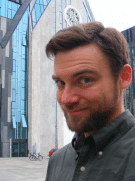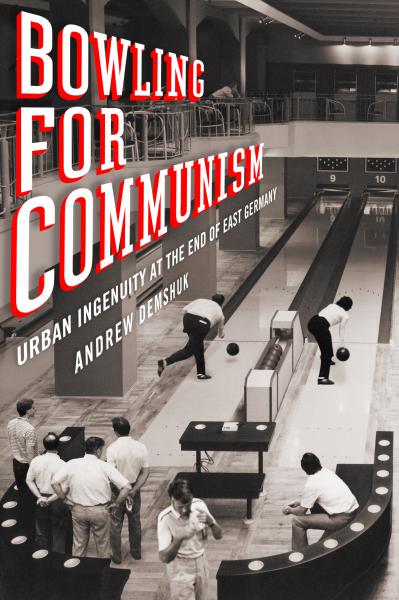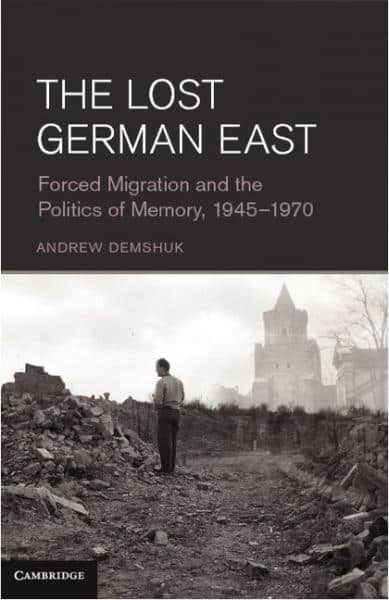
Andrew Demshuk
Associate Professor of History, American University
When did you first develop an interest in Slavic, East European, and Eurasian Studies?
The 1986 Chernobyl accident and 1989 Fall of the Berlin Wall were two of my earliest
What support have you received throughout your career that has allowed you to advance your scholarship?
German Academic Exchange (DAAD), Alexander von Humboldt Foundation, Herder Institut (Marburg), GWZO (Leipzig), Dubnow Institut (Leipzig), among others.
What is your current research project?
My new book, Three Cities after Hitler: Redemptive Reconstruction Across Cold War Borders (University of Pittsburgh Press, 2021), offers an archivally based comparative treatment of ideology and memory in post-1945 architecture and urban planning in three formerly German cities rebuilt under competing regimes in Poland, East Germany, and West Germany. My next project is in the early phases, but will be offering an ecological biography of Leipzig under Nazis, Communists, and Capitalists.
What does your ASEEES membership mean to you? How has your involvement with ASEEES helped to further your career?
The networking opportunities at ASEEES have offered invaluable chances to exchange ideas with colleagues
How do you envision your current research projects(s) within the broader field of SEEES?
Three Cities after Hitler breaks down preconceptions about differences between “Eastern” and “Western” European nation-states to illustrate common narratives across Cold War borders in urban spaces after Nazism.
Besides your professional work, what other interests and/or hobbies do you enjoy?
I enjoy hiking, biking, and exploring the world with my dear partner and intellectual companion Rebecca Mitchell (Middlebury College) and our two-year-old son Archie.